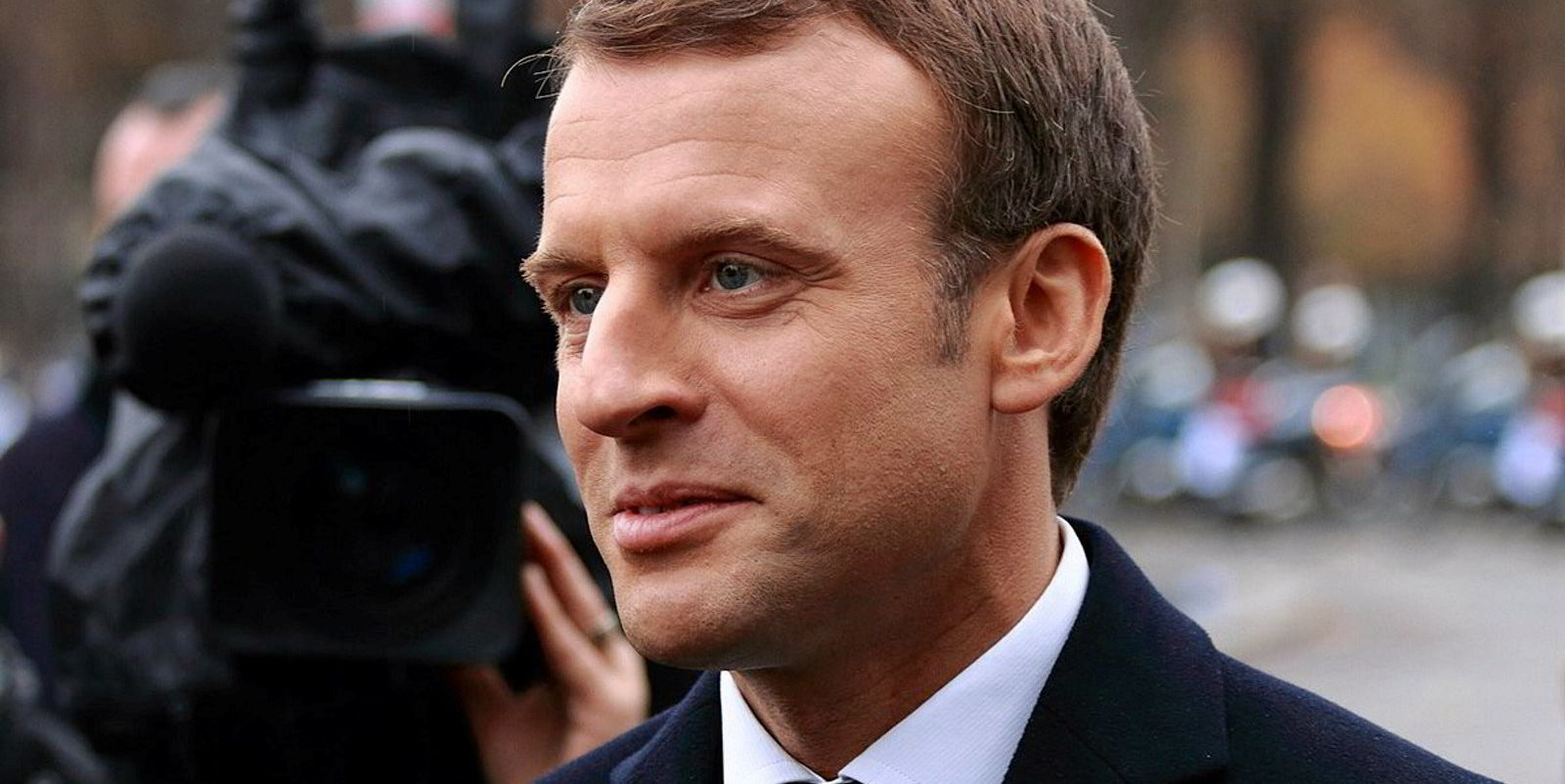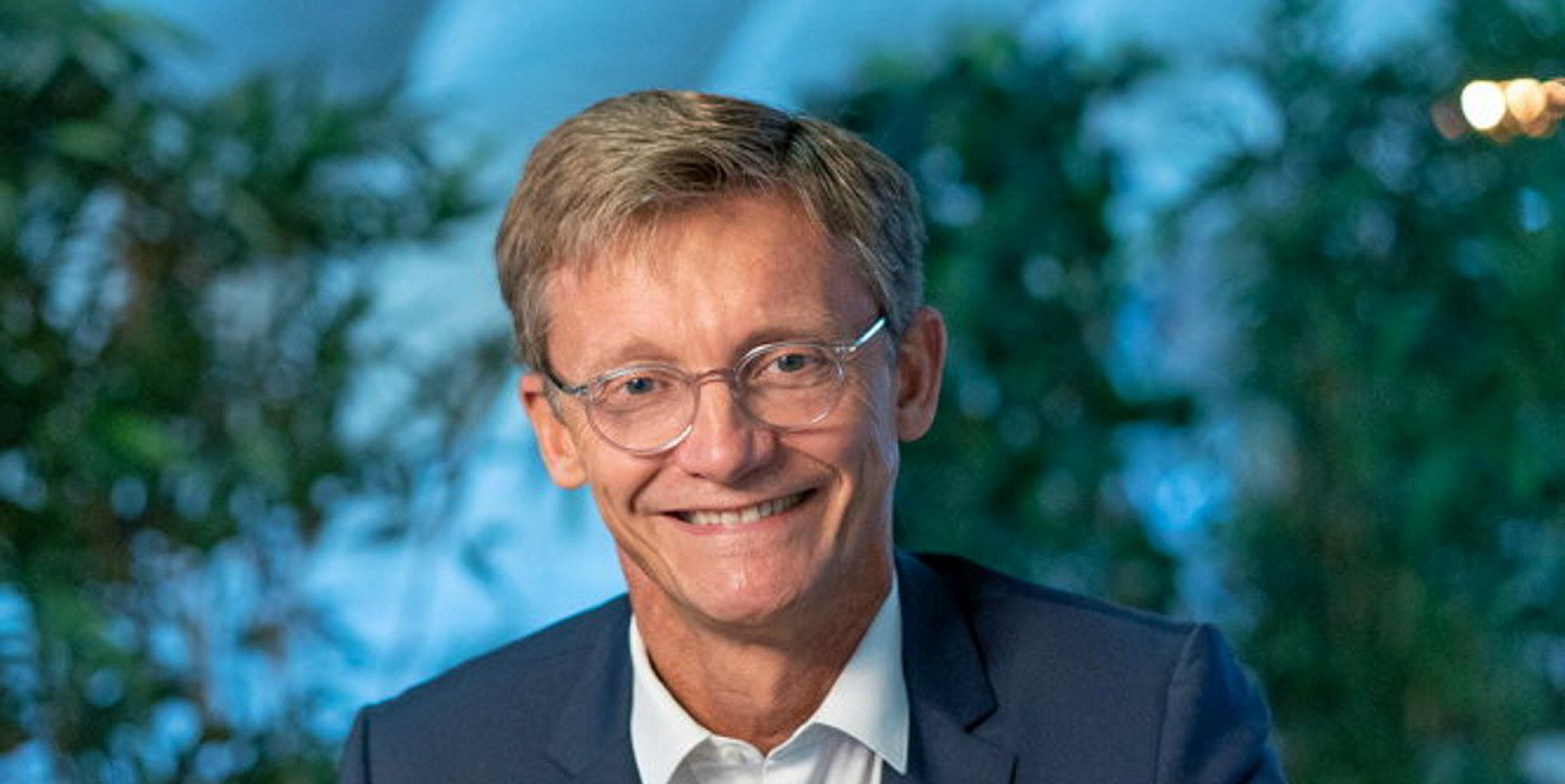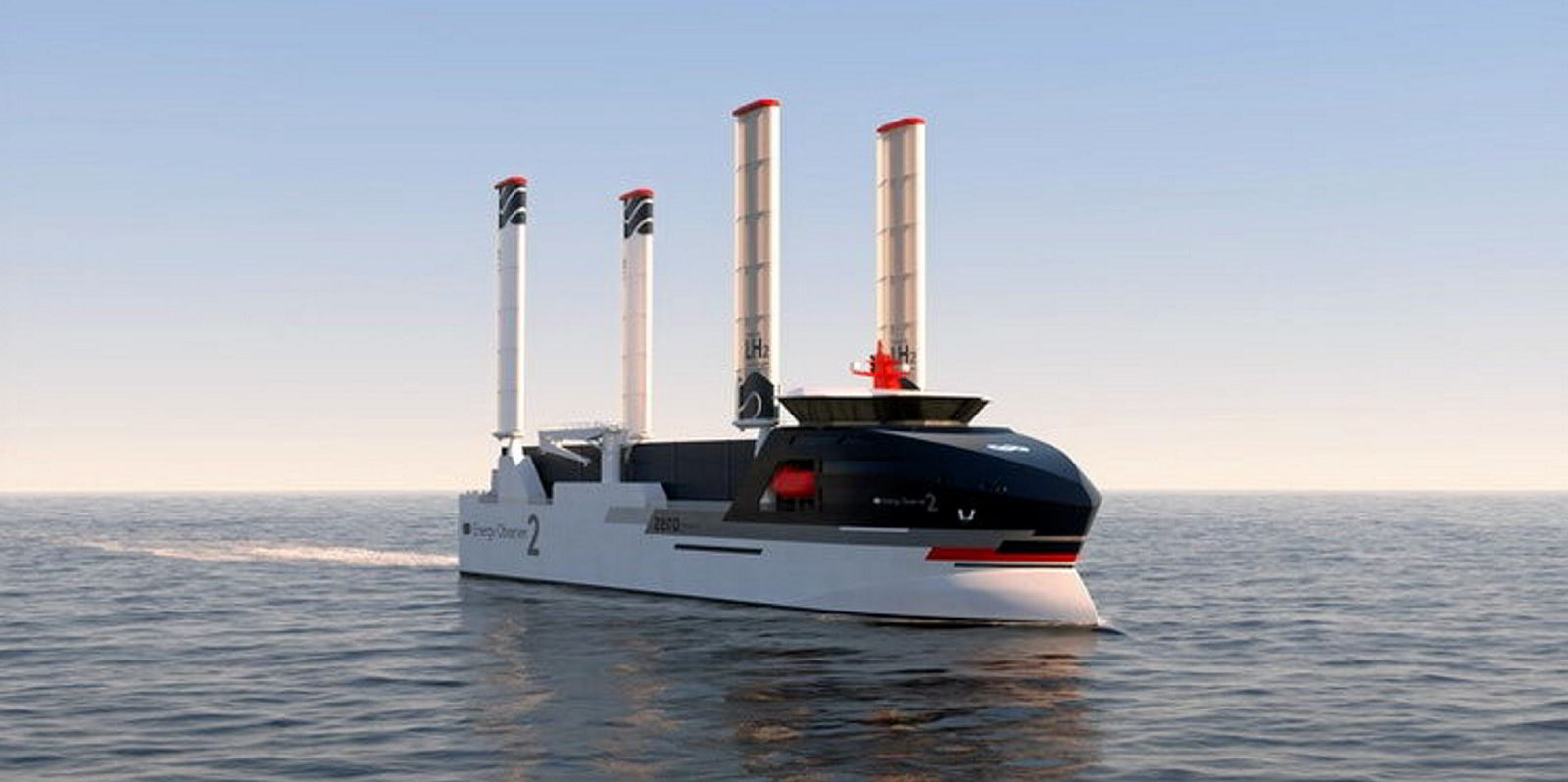French classification society Bureau Veritas (BV) is to play a central role in a new French maritime institute for decarbonisation that will seek to coordinate the country’s maritime cluster.
Launched on the back of a recent One Ocean Summit in Brest, T2EM — Coalition Pour la Transition Eco-energetique du Maritime — it is enthusiastically backed by President Emmanuel Macron, whose administration wants to ensure the country plays a key role in helping shipping to achieve the goals of the Paris Agreement on climate change.
T2EM is the latest in a line of public-private partnerships on decarbonisation, with similar initiatives emerging in Denmark, Japan, Singapore and Norway.
BV vice president of maritime and offshore Matthieu de Tugny said the emphasis in France is on promoting cooperation across the industry, including energy, technology and the logistics chain.
The diverse nature of the collaboration will mean BV plays a role not just in classifying ships but in the verification and certification of pilot projects.
One such pilot is to develop a zero-emission multipurpose ship, which also came out of the Brest meeting.
“We are associated with the project to class the ship. But not only that, also to mitigate the risk around the whole supply chain, including the bunkering operations, approval for new technologies onboard the ship and use of hydrogen and energy optimisation. There are a lot of components connected to the ship to reduce CO2 emissions,” he said.
Tugny believes shipping cannot achieve the goal of net zero without combining the elements of the industry that the T2EM project is attempting to coordinate.
“The good thing is that it is not only about the ship itself, but really trying to address the green ship and, for example, the green port. If we just address the ship itself, we will not solve the problem,” he said.
French liner giant CMA CGM is also taking a lead by hosting the French maritime institute at its new training and innovation centre at Tangram in Marseilles.
CMA CGM has committed to going beyond its investment in LNG-fuelled ships, to the next stage of decarbonisation, involving bio-LNG and e-LNG.
Tugny said BV has witnessed a recent explosion in the number of pilot projects, which he added reflects how the industry’s move to decarbonise by 2050 is gathering pace.
He estimated that BV is working on providing approval-in-principle certification for about 60 projects. Another 30 are at more advanced stages of development.
Tugny believes the volume of new pilot projects bodes well for shipping’s chances of achieving its decarbonisation goals.
“I think it is certainly achievable to get part of the world fleet net zero by 2050 for sure, because there are a lot of developments we can observe in the acceleration in the initiatives,” he said. “We are confident that there is a global commitment for the whole ecosystem to get something at the end of the journey,” he added.

Tugny has penned his own thoughts on shipping decarbonisation in a new e-book titled Shaping a Better Maritime World. He hopes it will give some direction to BV’s employees, and also raise awareness to stakeholders of the direction in which the shipping industry is heading.
He said everyone must adapt, including classification societies. Tugny said societies are now adopting a new innovative approach to rule-making to help progress the development of decarbonisation technology.
Risk-based approach
In the past, the shipping industry has been reactive and developed rules in response to events. Today, it is working towards the aim of decarbonisation by 2050 with a goal-based approach on risk to forecast possible problems.
“The rules will move in a different way in the coming years,” he said. “In the past, we used to have some prescriptive rules, meaning that we corrected the rules after the casualty, now we will move to a risk-based approach where we need to anticipate it,” he said.
“The IMO is giving us some goals and the industry has to develop some solutions to meet those goals. Classification societies have a role to help our stakeholders and to validate the options in the market,” he said.




